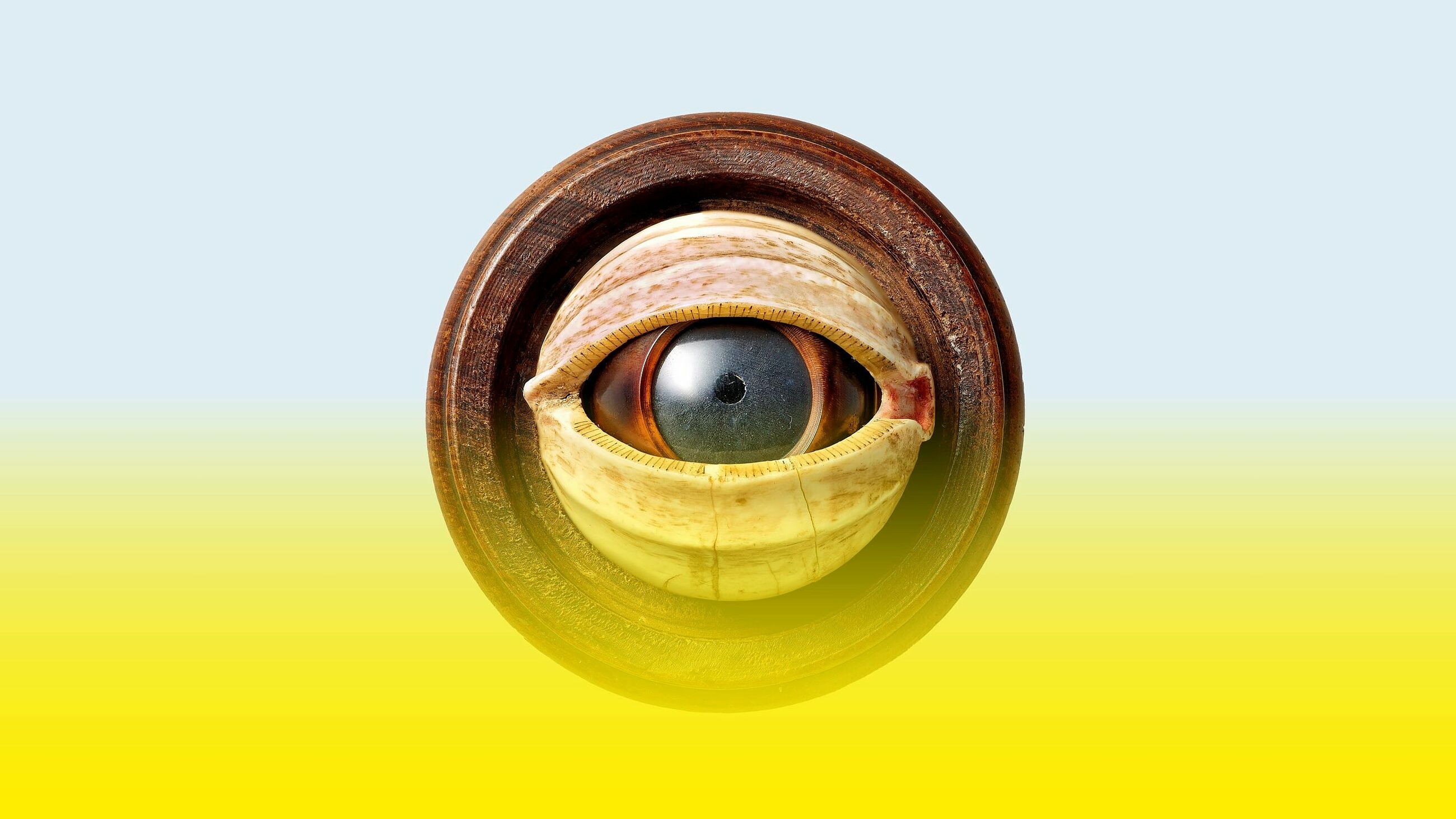
What is Enlightenment? Questions for the Eighteenth Century
'What is Enlightenment?' asked pastor Johann Friedrich Zöllner in 1783, writing for the Berlinische Monatsschrift. The editors of the monthly magazine picked up on this question and put it to their readers, thus igniting a debate that would shape the course of philosophy.
The exhibition, titled 'What is Enlightenment? Questions for the Eighteenth Century', likewise explores this term from many sides. It concentrates on the most important debates of that era, taking its contradictions and ambivalence into account by revealing conflicts over concepts and demands, rather than presenting the Enlightenment as a homogeneous, progressive undertaking. In doing so, it also aims to make clear that the ideas of equality and tolerance prevalent then do not correspond to those held today and, moreover, were often not implemented in practice. The Enlightenment is often referred to in current debates about the social issues of today and about democracy as a form of government. The exhibition is also meant to provide a historical context for these conversations.
The exhibition at the DHM will examine the so-called 'long eighteenth century' from an international perspective. The range of topics includes, among other things: the search for knowledge and a new kind of science; debates about religion, the equality and liberty of mankind; the demand for civil rights; mercantilism and cosmopolitanism. The collections of the DHM will provide many of the exhibits, which will be on display alongside objects loaned by other museums and archives in Germany, as well as France, Great Britain, Austria and the United States. The exhibition will take an inclusive and accessible approach. Multimedia and interactive elements will expand upon the exhibition themes and actively involve the visitors. There will also be a children's tour, showing that questions about the Enlightenment can also be relevant to them. A broad-based accompanying programme is already being planned.
The exhibition is being curated by Professor Liliane Weissberg.
The educational programme is funded by:
